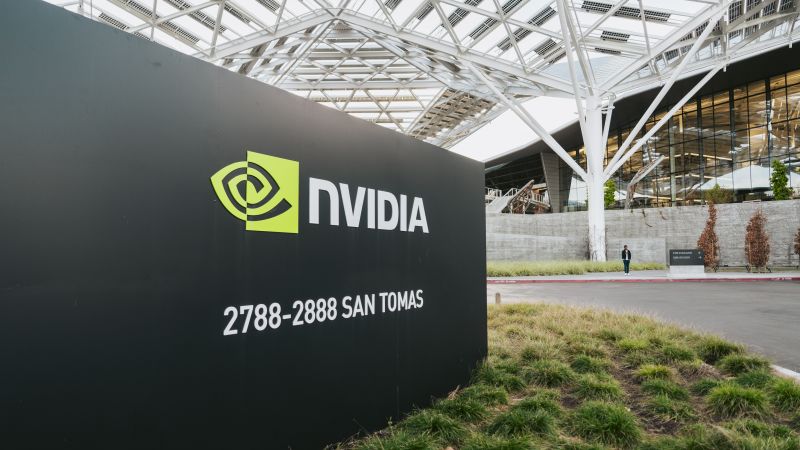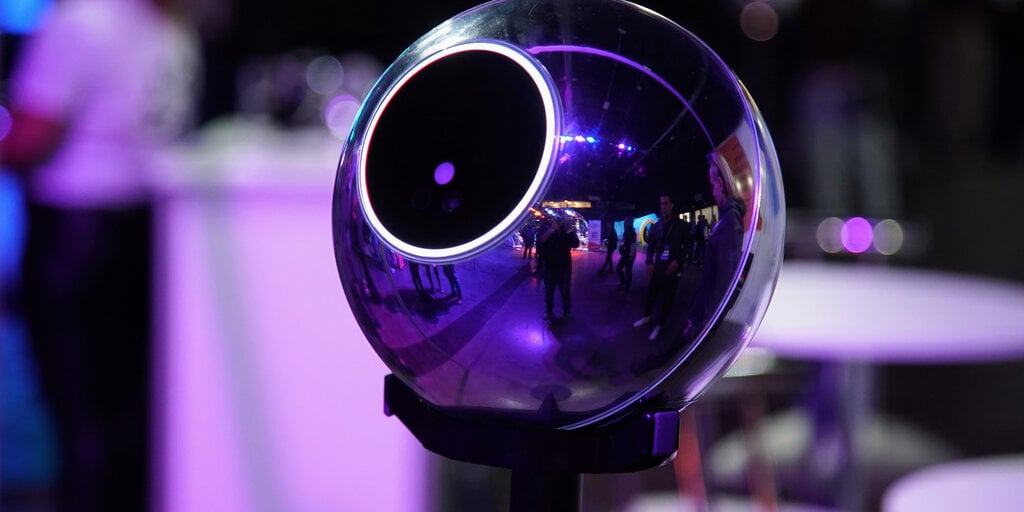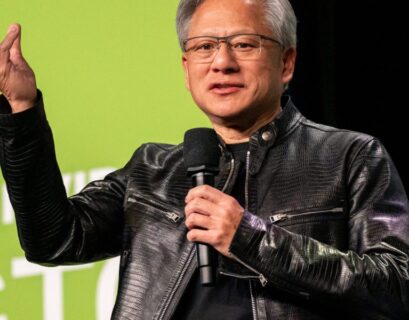Editor’s Note: To receive CNN’s Meanwhile in China newsletter, offering insights into the country’s development and its global impact, sign up today.
Hong KongCNN —
Nvidia has identified Huawei as a key competitor across various domains, particularly in the critical realm of producing processors that drive artificial intelligence (AI) systems.
In its annual report released on Wednesday, the Santa Clara-based company acknowledged Huawei as a rival in four out of five major segments of its operations: hardware and software for graphic processing units (GPUs), cloud services, Arm-based central processing units (CPUs), and networking products. CNN has contacted Huawei for a response.
Additionally, other notable companies listed as competitors in specific areas include AMD (AMD), Amazon (AMZN), Microsoft (MSFT), and Broadcom (AVGO).
The recognition of Huawei as a competitor follows comments made by Jensen Huang, the CEO of Nvidia (NVDA), who described the Chinese tech giant as a formidable contender in the production of AI chips during a press briefing in Singapore, as reported by Reuters.
Huawei, headquartered in Shenzhen and known for manufacturing smartphones and telecoms equipment, made waves last year with the launch of the Mate 60 Pro, a cutting-edge phone powered by advanced chips.
Questions arose regarding Huawei’s ability to produce the phone, given the four-year period during which it faced US restrictions limiting its access to 5G technology.
The successful launch of the Mate 60 Pro was hailed as a significant achievement for China by analysts, especially amidst the ongoing technological rivalry between Beijing and Washington.
In October 2022, the Biden administration implemented extensive restrictions aimed at limiting China’s access to advanced computing chips. Subsequently, in early 2023, Japan and the Netherlands joined the US in restricting the export of chipmaking technology to China.
In response, Beijing initiated a cybersecurity investigation into Micron in April 2023, followed by a ban on the company selling to Chinese enterprises involved in crucial infrastructure projects. In July of the same year, export controls were imposed on two vital raw materials, gallium and germanium, essential to the global chip manufacturing industry.
By October 2023, the Biden administration further tightened restrictions on the sale of advanced semiconductors by American companies.
Expressing concerns about being entangled in the escalating US-China tensions, Nvidia highlighted potential risks to its competitive position in light of evolving US export controls on chips in its annual report.
The company cautioned that changes in US export control regulations could hinder its ability to sell existing products and develop replacements not subject to licensing requirements, potentially leading to exclusion from the Chinese market and other affected regions like the Middle East.
Despite reporting robust earnings, with profits soaring by 769% year-over-year for the quarter ending January 28, Nvidia faced challenges in its China operations due to US restrictions on chip sales to the country.
During an earnings call, Colette Kress, Nvidia’s CFO, noted a significant decline in data center revenue in China following the US government’s export control regulations imposed in October 2022. Data centers, a key revenue source for Nvidia, witnessed a 409% year-over-year growth, reaching a record $18.4 billion in the fourth quarter.
Kress mentioned that China accounted for a “mid-single-digit percentage” of the company’s data center revenue in the fourth quarter and is expected to remain within a similar range in the current quarter.
Nvidia refrained from providing further comments on the matter.
Contributions to this report were made by CNN’s Rob McLean and David Goldman.










